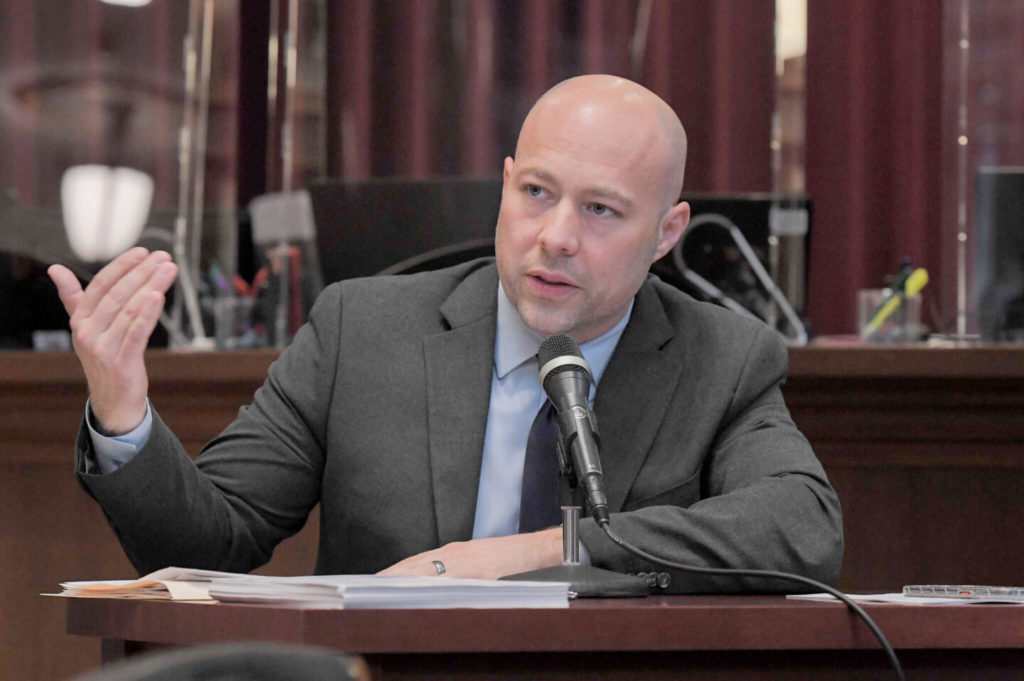Missouri’s House budget committee cuts governor’s proposed increases to pre-K funding, child care subsidies
Missouri’s House budget committee made major changes to the state’s spending plan Thursday, which included cutting proposed increases to pre-K funding and child care subsidies.
House Budget…

Missouri’s House budget committee made major changes to the state’s spending plan Thursday, which included cutting proposed increases to pre-K funding and child care subsidies.
House Budget Committee Chairman Cody Smith, R-Carthage, submitted the revised plan to determine spending for the fiscal year starting July 1.
The changes removed $56 million in funding to expand pre-K options, as well as $78.5 million to increase rates for child care providers.
“We’re already kind of awash with child care money in Missouri,” Smith said, according to a report by KCUR.
Smith also cited the $1 billion in federal funds from COVID-19 relief spending already going toward child care programs, which is five times what Missouri already spends each year to support child care.
Disagreement over pre-K programs’ effectiveness
The revisions took aim at Gov. Mike Parson’s proposal in his January State of the State speech to expand early education programs in public and charter schools.
But not all Republicans agreed with the governor’s plan to increase spending.
“There are a lot of priorities that I’d like to see moved in the realm of education,” said Sen. Bill Eigel, R-Weldon Spring. “But I don’t know if expanding government run schools to an earlier age is necessarily the answer to getting better outcomes.”
Smith cut the pre-K funding because he wanted more time to evaluate how the government can best provide such a program, KCUR reported.
Proponents of government-funded early childhood programs often tout them as providing a head start to school readiness and future success.
However, research indicates they can create unintended long-term consequences that harm children’s overall academic and social performance.
Students graduating from a Tennessee state-run pre-K program performed worse academically than their peers in later grades. They were also more likely to receive diagnoses of learning disorders and had a higher rate of school rule violations.
Dr. Peter Gray, research professor at Boston College, challenged assumptions that the program’s curriculum and goals were developmentally appropriate for such early ages.
“The time spent in academic training is time that they cannot spend on learning the much more important skills that come from self-directed activities,” he said in an article for Psychology Today.
The revised budget will go to the Missouri Senate for further negotiations. To comply with Missouri’s constitution, the legislature must pass the budget by May 5.



